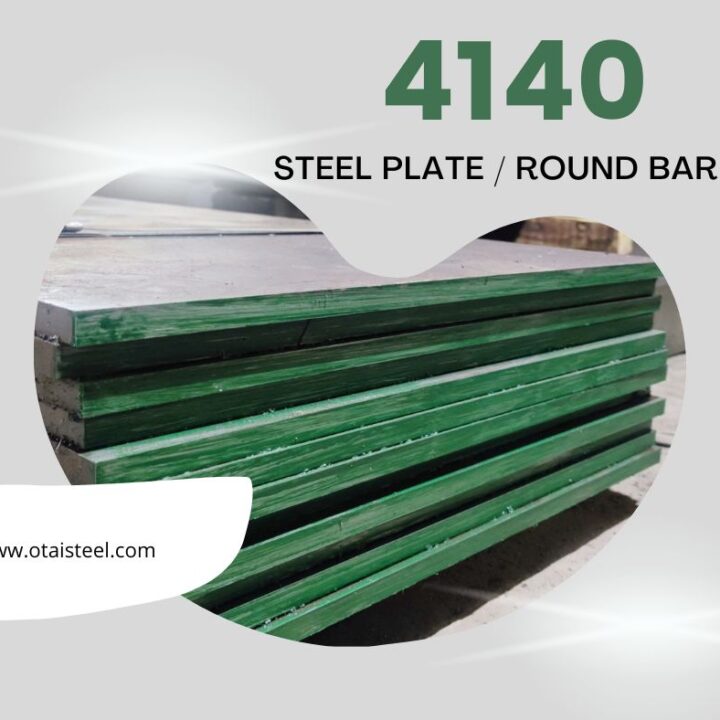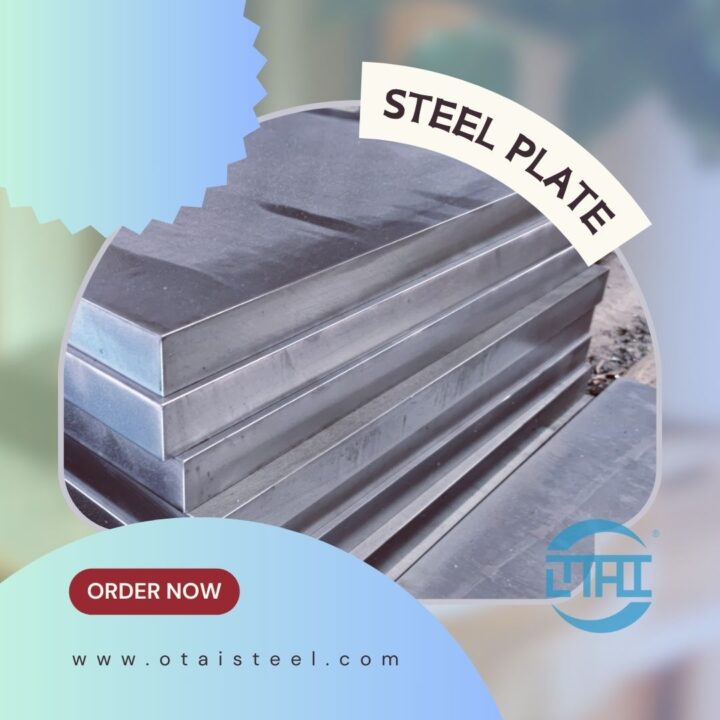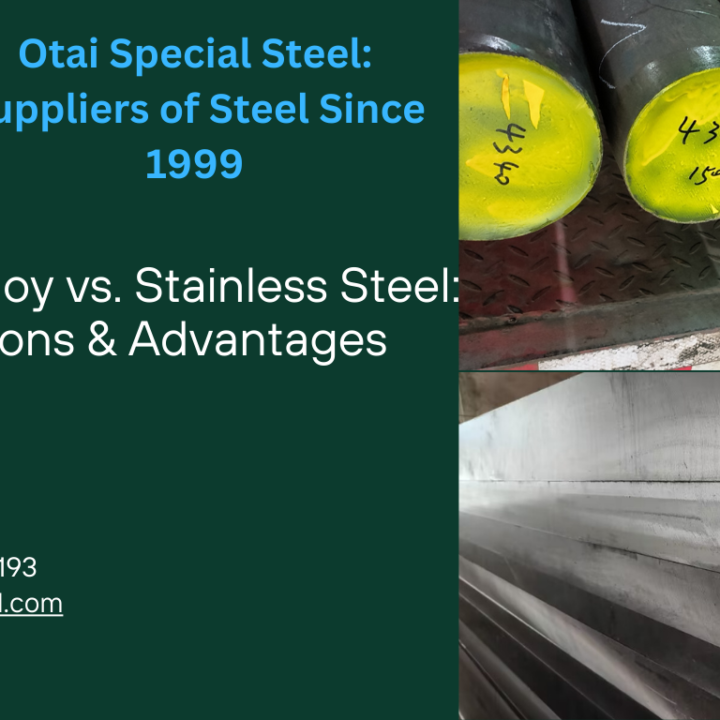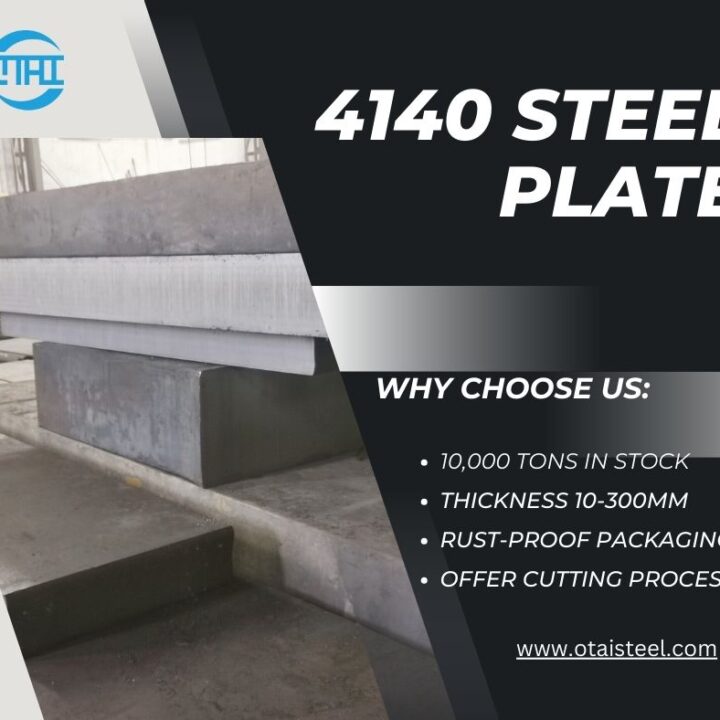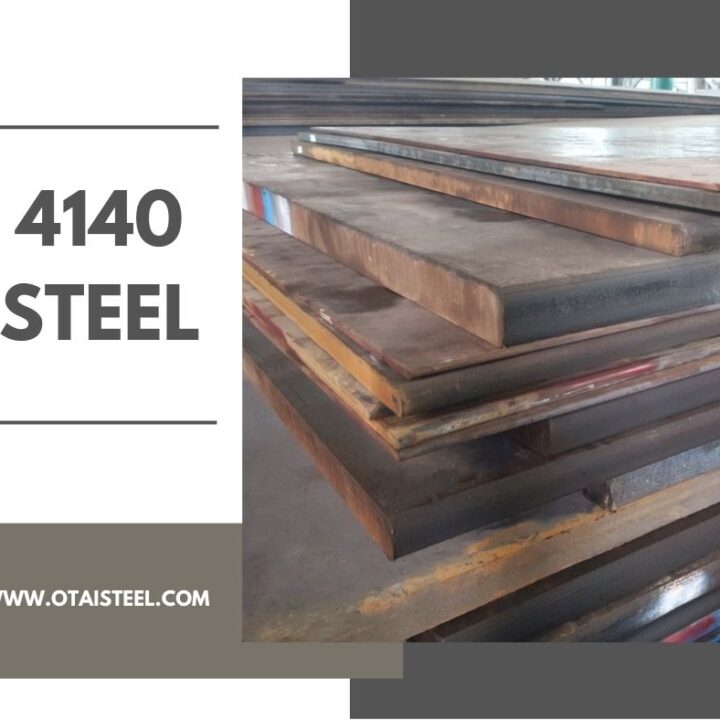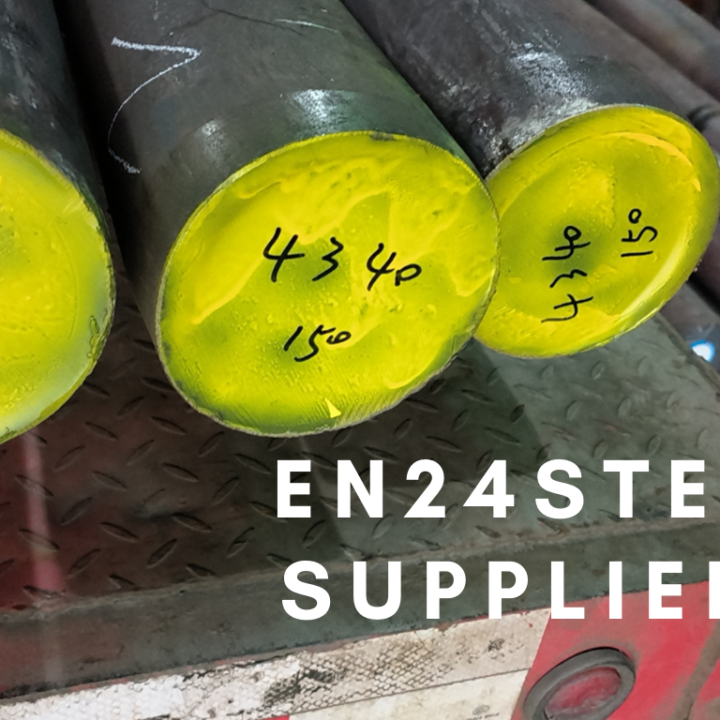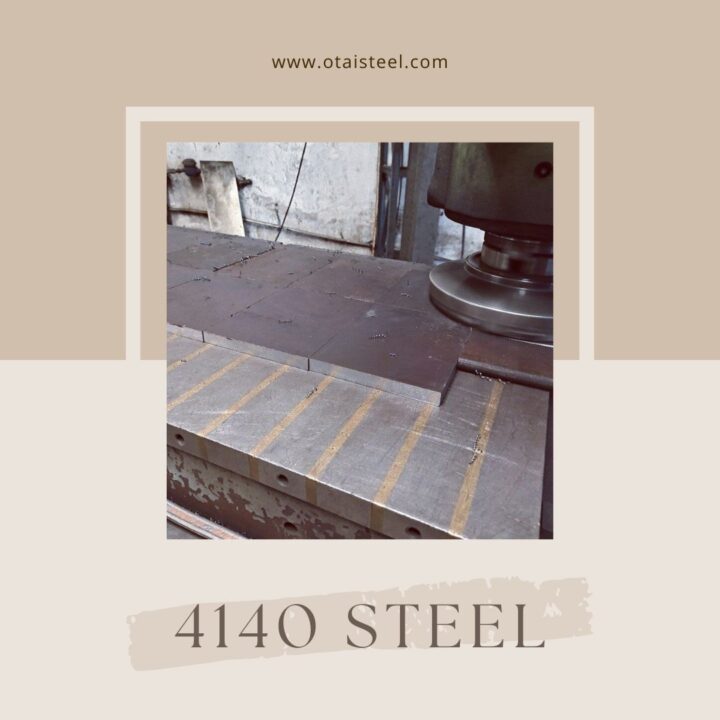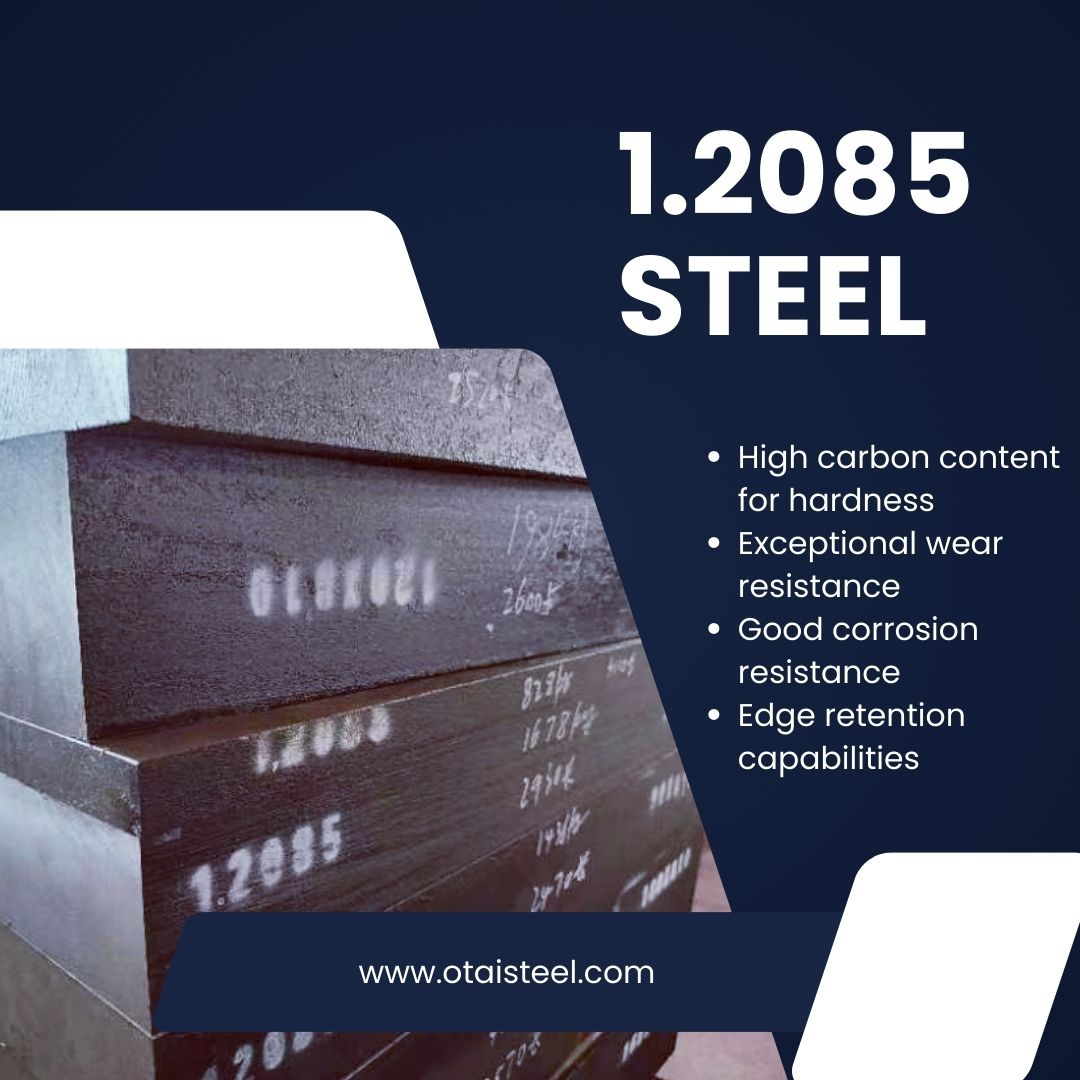 Mold steel 1.2085, also known as 3Cr17NiMo, is a versatile and high-quality steel alloy commonly used in the production of molds and dies. Its composition includes key elements that contribute to its exceptional performance:
Mold steel 1.2085, also known as 3Cr17NiMo, is a versatile and high-quality steel alloy commonly used in the production of molds and dies. Its composition includes key elements that contribute to its exceptional performance:
- Carbon (C): The carbon content in 1.2085 steel provides hardness and wear resistance, making it ideal for molding applications.
- Chromium (Cr): Chromium enhances the steel’s corrosion resistance and contributes to its overall durability.
- Nickel (Ni) and Molybdenum (Mo): These elements further improve the steel’s toughness and resistance to corrosion.
Applications of 1.2085 Mold Steel
1.2085 mold steel finds extensive use in various applications, such as:
- Plastic Injection Molds: This steel is a preferred choice for making molds used in plastic injection processes. It offers excellent wear resistance and can withstand the stresses of high-pressure injection molding.
- Die Casting Molds: The ability of 1.2085 steel to maintain hardness at elevated temperatures makes it suitable for die-casting molds used in the manufacturing of metal components.
- Extrusion Dies: The exceptional hardness of this steel is advantageous for creating extrusion dies used in industries like aluminum processing and PVC extrusion.
- Cutting and Trimming Tools: 1.2085 steel is also used to manufacture cutting and trimming tool. Including shears, blades, and guillotine knives.
Heat Treatment of Mold Steel 1.2085
Proper heat treatment is crucial to optimizing the performance of mold steel 1.2085. The process typically involves:
- This initial step involves heating the steel and slowly cooling it to relieve internal stresses and improve machinability.
- To achieve the desired hardness, the steel is heated to a specific temperature and then rapidly quenched, usually in oil or water.
- Tempering is the final step where the steel is reheated to a lower temperature to achieve the right balance between hardness and toughness.
Maintenance and Care
To extend the lifespan of molds made from 1.2085 steel, regular maintenance and care are essential. This includes cleaning, lubrication, and proper storage to prevent corrosion and maintain the sharpness and effectiveness of cutting tools and dies.
Mold steel 1.2085, with its exceptional properties and applications in mold and die-making, is a crucial material in various industries. Its combination of hardness, toughness, and resistance to corrosion makes it a versatile choice for manufacturing precision components.
